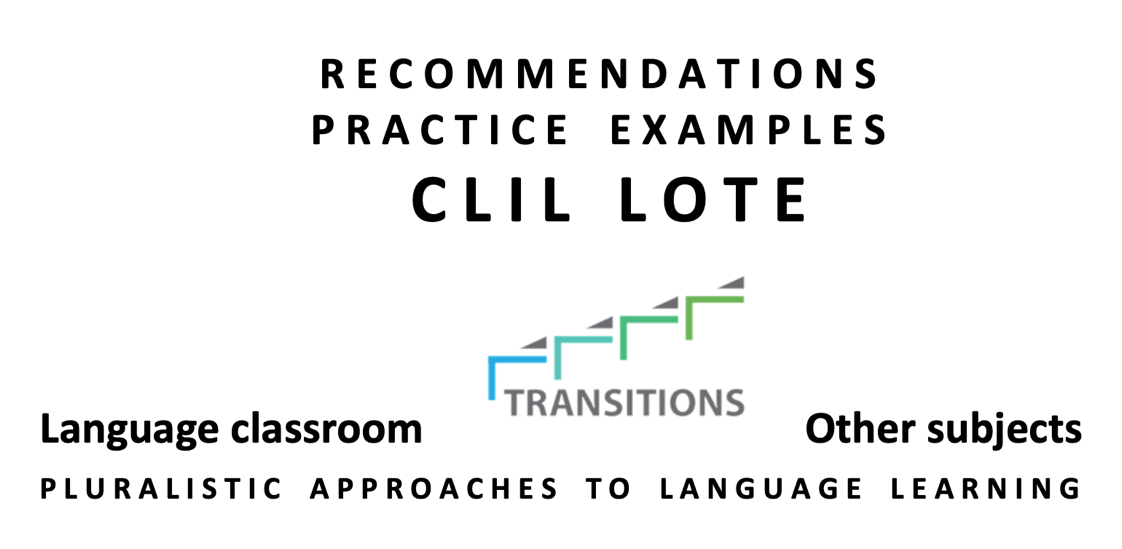It is hard to believe that another academic course is coming to an end. Last CLIL seminar session took place on May 31st and it was a memorable event due to several reasons: there were LOCIT presentations that showed students' CLIL outcomes in different subjects, we presented the tools for UDL implementation, teachers highlighted the benenefits of professional networking and insisted on the need to keep on taking part in teacher training sessions throughout their teaching professional life.
If I had to choose one of the many
conclusions teachers have drawn regarding CLIL practice, I would say that the
most crucial one is that they have confirmed there are successful
transferences or transitions among languages. In the seminar sessions we have
presented plenty of methodological clues for making the subject area
comprehensible for students and these clues are valid in languages other than
English. This is the reason why Basque and English teachers working
together with the subject teachers will make the most of the CLIL approach.
I must say
that Basque schools are already paving the way for a true development of a
plurilingual competence. Still, there is a long way to go.
French is the
second foreign language in most of our schools and there are some subject
teachers who are implementing their subject in French so I will try to
contribute by listing some useful resources to facilitate their EMILE practice:
- A basic resource on EMILE is available here
- This is
a powerful blog with practical resources in French. If you wish, enter here to
access resources for Secondary students.
- A
website on plurilingual education in French can be found here
Last but not
least, the European Centre for Modern Languages of the Council of Europe is
currently developing a project on CLIL in languages other than English. If you visit their website, you will find the project description and the outcomes in English, French
and German. If you enter this
link, you will access a great number of resources in different
languages.
From these lines, my heartfelt thanks to the authors of the aforementioned projects, which are essential to see CLIL as a way to promote excellence in language education.

No comments:
Post a Comment